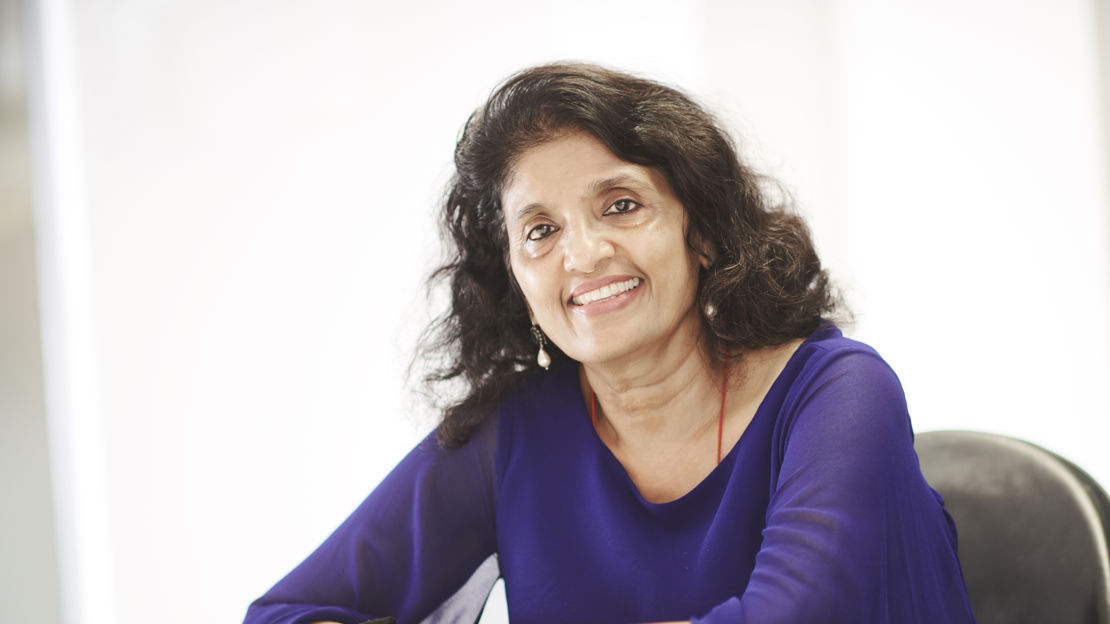The new year is starting with even more difficult news on the pandemic than when I shared greetings for the festive season less than three weeks ago. But ScreenSkills will continue to work tirelessly to help the industry stay safe and working.
More than 56,000 people have done some form of learning or training since the first lockdown, with the coronavirus basic awareness training, produced as a rapid response to the need for safe working, having more than 47,000 successful completions to date. As certificates expire after six months, the first people to take the test are being invited to retake and nearly 1,500 have already taken the opportunity to re-familiarise themselves with this vital health and safety advice. We are also running more advanced training support for heads of production and Covid supervisors.
Our work in the last year has also included practical support on mental wellbeing and finances to our workforce as well as an enormous programme of workshops, masterclasses and useful online training. Thousands seized the opportunity to learn new things, update existing knowledge and extend their – virtual – network. Many said the programme of support was “a lifeline”. “ScreenSkills have been fundamental not only to the significant career progressions I've made…, but also in keeping me sane,” one said.
Inclusion and enabling progression to jobs is core to who we are and what we do. The number of registered users with ScreenSkills is now more than 90,000, half of them women, more than half outside London and the South East and 15% from a black, Asian or minority ethnic background. There is more to be done, but it has been gratifying to support so many. Given the pace of technological change, business model disruption and projections for growth as well as the importance of inclusion, training and upskilling will become even more important for our sector.
Production responded to the pandemic imaginatively - introducing or expediting the adoption of the creative use of tech and new working practices. We have already commissioned training in some of these and will be doing more.
We were proud to accept a Production Guild of Great Britain Innovation Award for our own creative use of new tech in our immersive VR experience, First Day: on Set, designed to explain the range of jobs in the industry to the next generation.
The pandemic has affected some of our work. Our pilot of a new way of delivering apprenticeships, which is to be tested with Warner Bros. and Netflix, has been delayed. However, the arguments we have been making for greater flexibility are being heard. The Prime Minister has pledged reform. This is important as apprenticeships – being paid as you learn – can be an important way of opening up the industry to a greater diversity of talent.
The long-term impact of the pandemic remains to be seen, but our Skills Forecasting Service is already investigating the consequences. Looking to the future, expansion of studio space and the growth of hubs, reinforces the need to have an inclusive workforce in the numbers and with the skills to deliver growth. This means not only finding and developing young talent but giving opportunities to those in related sectors to transfer in their expertise well as offering offer help for those returning after a career break for parenting or caring.
We cannot do any of our work without your support – those of who gave their time generously doing lockdown, our dedicated board, skills council, working groups and finance and audit members, volunteer mentors, industry evaluators of FE and university courses with ScreenSkills Select and those offering training or progression opportunities on your productions.
And we thank everyone who contributes to our Skills Funds as well as the BFI, awarding National Lottery funds under its Future Film Skills strategy, and Arts Council England. Your investment underpins our work in building a skilled and inclusive workforce, UK-wide. You can’t make great film, television, animation or games without investing in the people.
